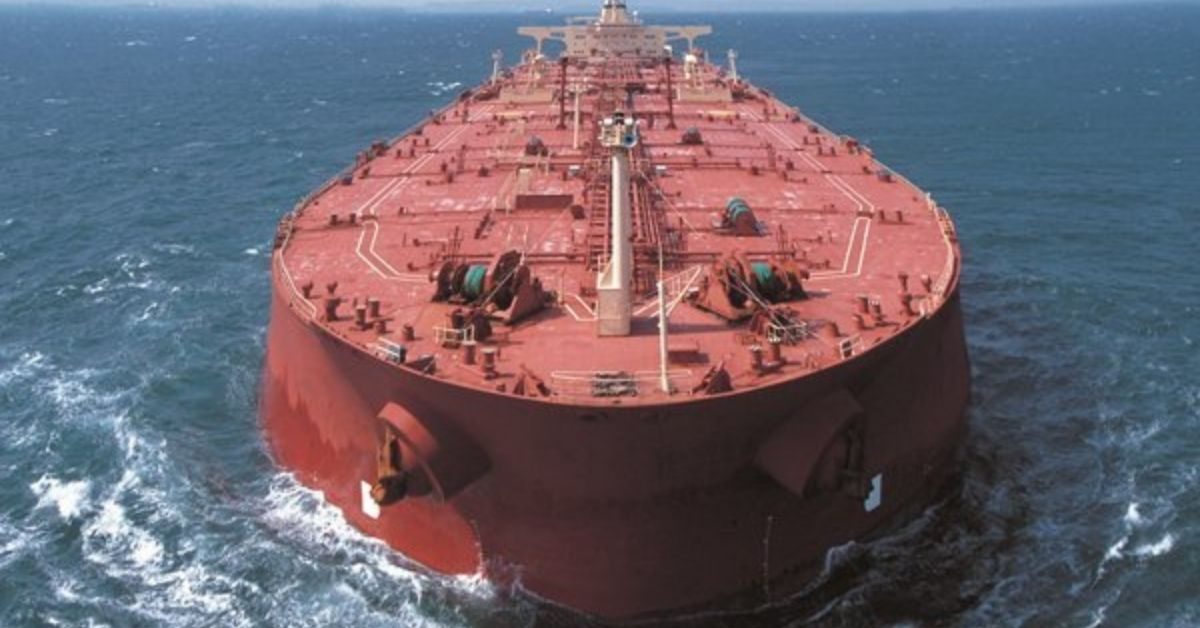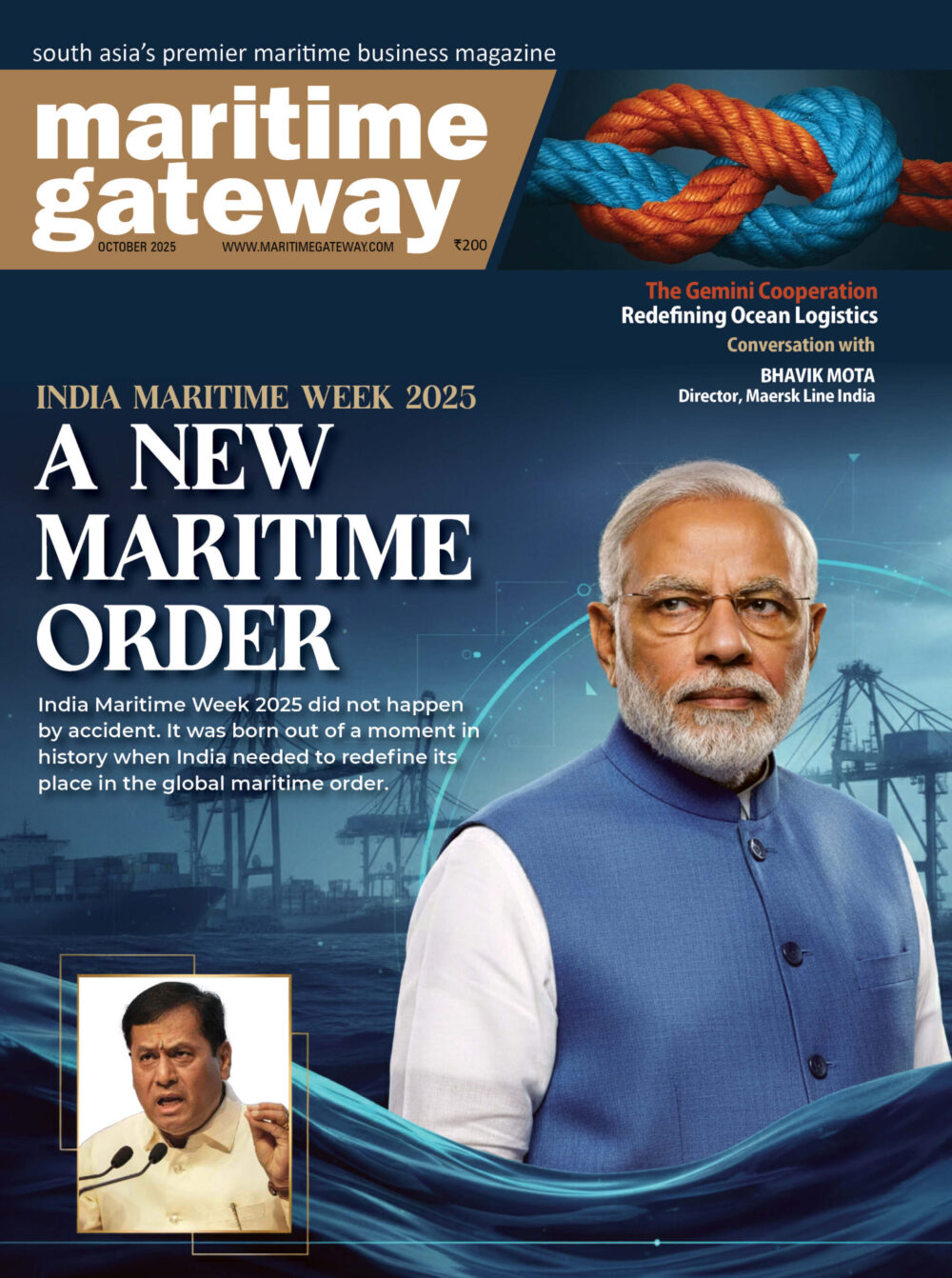The ban comes along with a price cap agreed by the Group of Seven democracies. European Union member states agreed to impose a cap of $100 per barrel on sales of Russian refined fuels as well as a cap of $45 for those that sell at a discount, such as fuel oil and some types of naphtha.
Analysts remain divided on what Sunday’s ban will mean for product tanker earnings, which have started 2023 in muted fashion.
Russian seaborne product exports reached around 2m barrels per day in 2022, accounting for 9% of the global total, according to Clarksons Research.
Wood Mackenzie, a London-based consultant, expects Russia’s diesel exports to fall by about 200,000 barrels a day this quarter versus the last three months of 2022.
North African countries have already started to increase imports of Russian diesel, but some 600,000 barrels a day still need to be rerouted away from core European buyers, according to David Wech, chief economist at Vortexa.
“Another 200,000 barrels a day of other clean products comes on top of this, which will easily follow the path of 400,000 barrels a day already moving to places around the world, with a clear focus in East of Suez markets,” Wech wrote in a report published last week.
“We believe it is much too soon to call the diesel squeeze off as global inventories still remain very low, outside Europe, and we expect that there will be a loss of supply from Russia as its diesel needs to seek far-away markets requiring even bigger price discounts, which eventually will trouble Saudi Arabia and the rest of Opec,” a report from Arctic Securities stated today.
As it did in the wake of the December 5 crude ban, Turkey now requires a document showing P&I insurance validity for ships carrying petroleum products through the Turkish straits.
While product tanker freight rates have been in poor form in the opening weeks of the year, prices for vintage tonnage remain extremely high with Russian-linked entities paying top dollar for any available tonnage. Trafigura analysis suggests that as of the start of this weekend’s products ban, the shadow fleet of product tankers shipping Russian exports now stands at around 200 tankers, or 7% of the world total.









